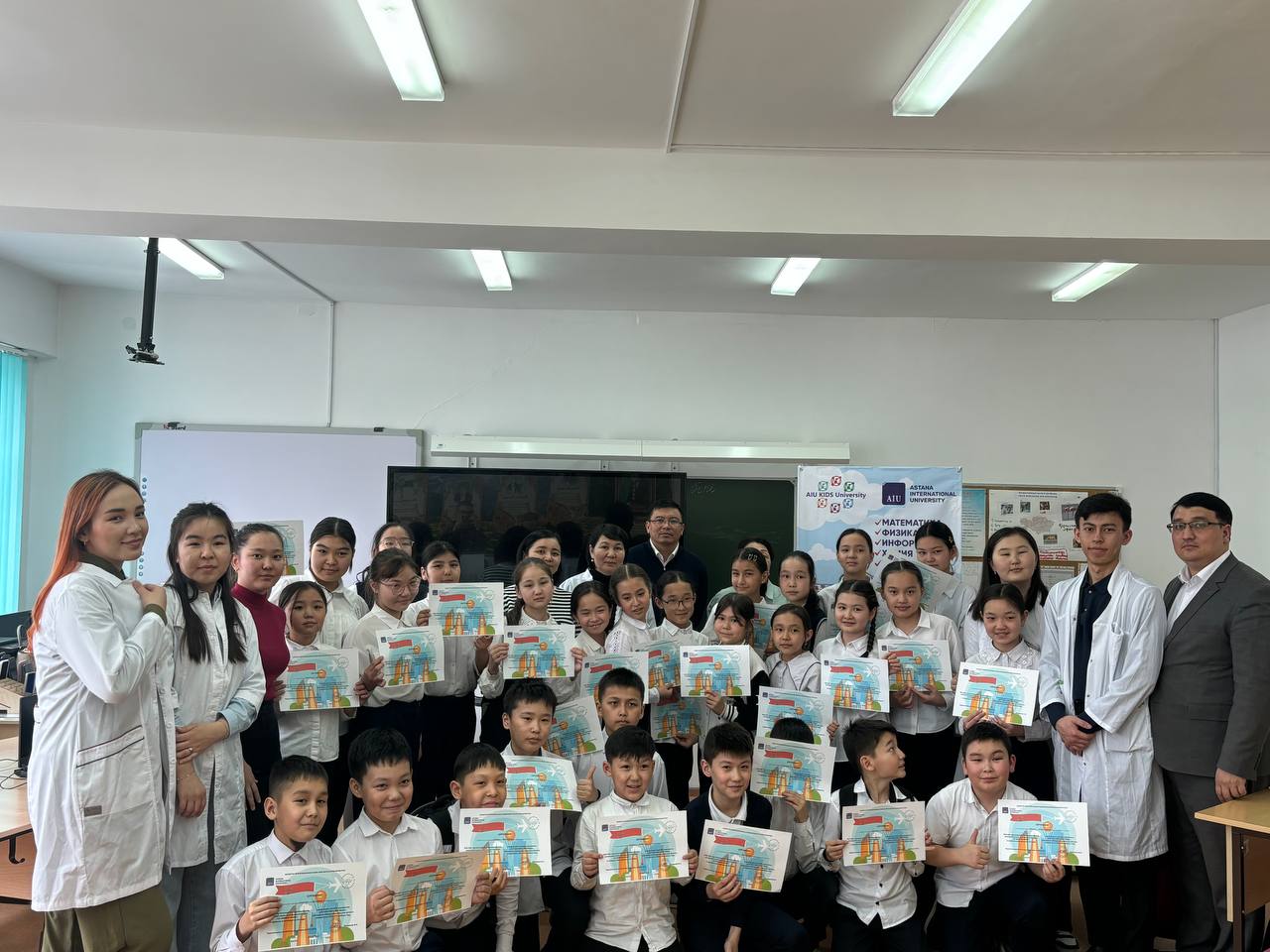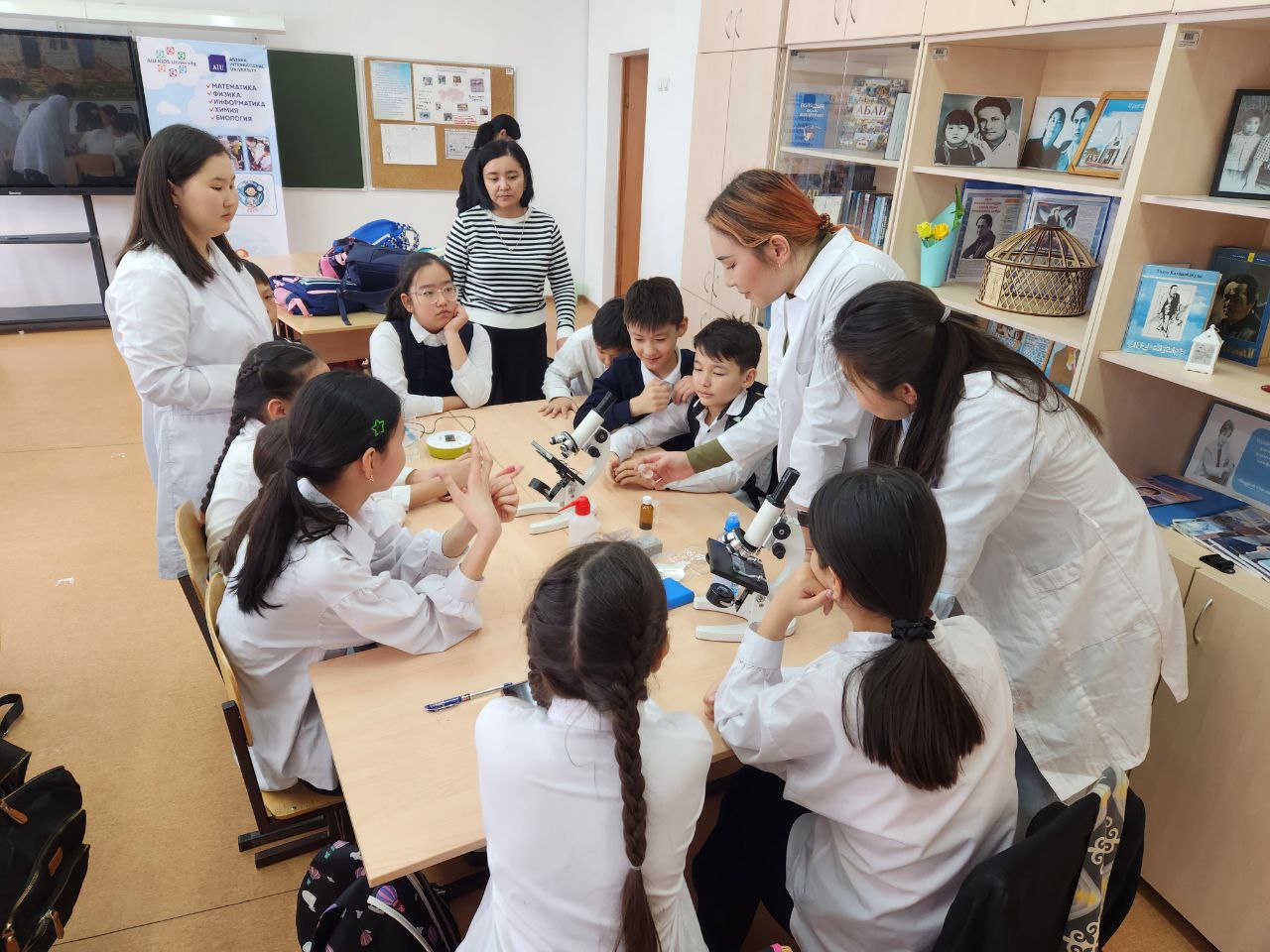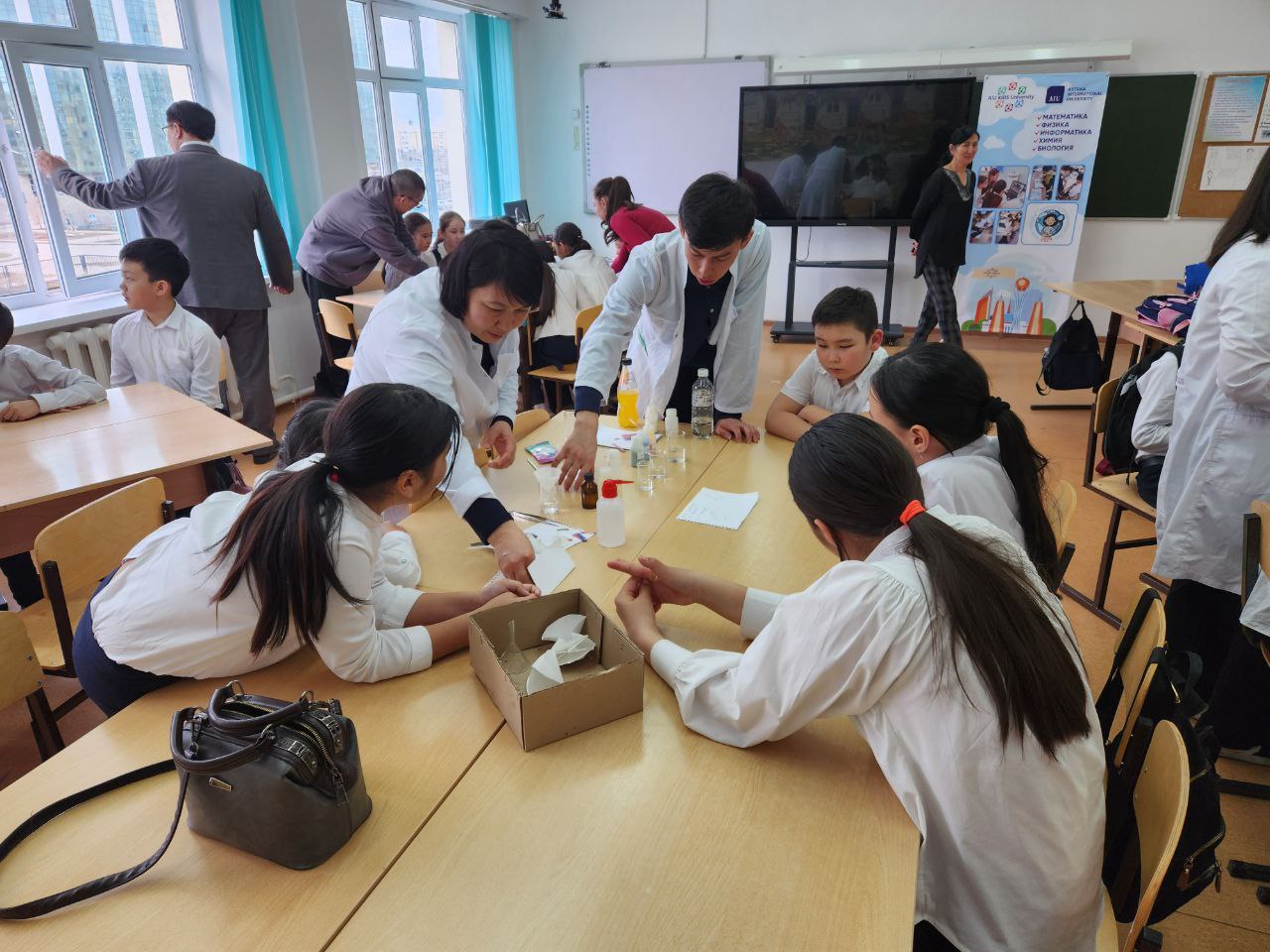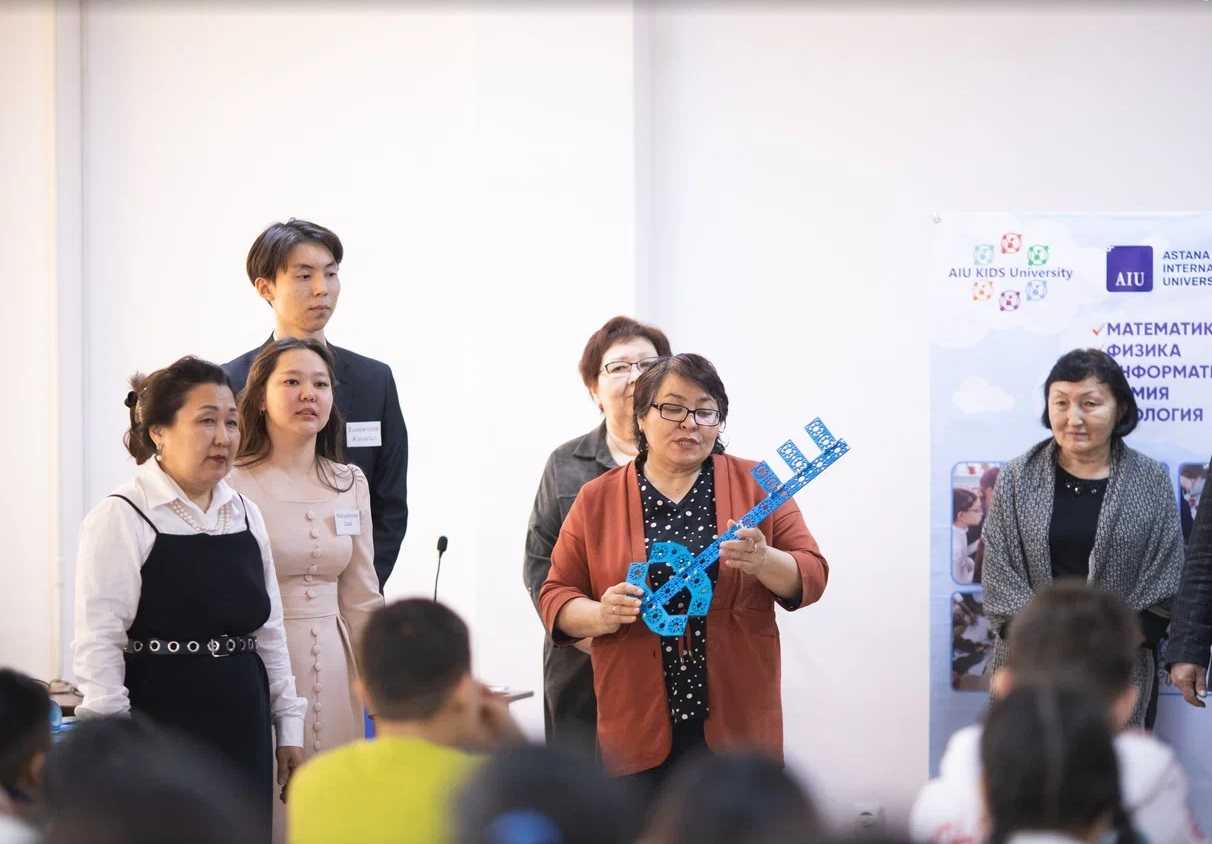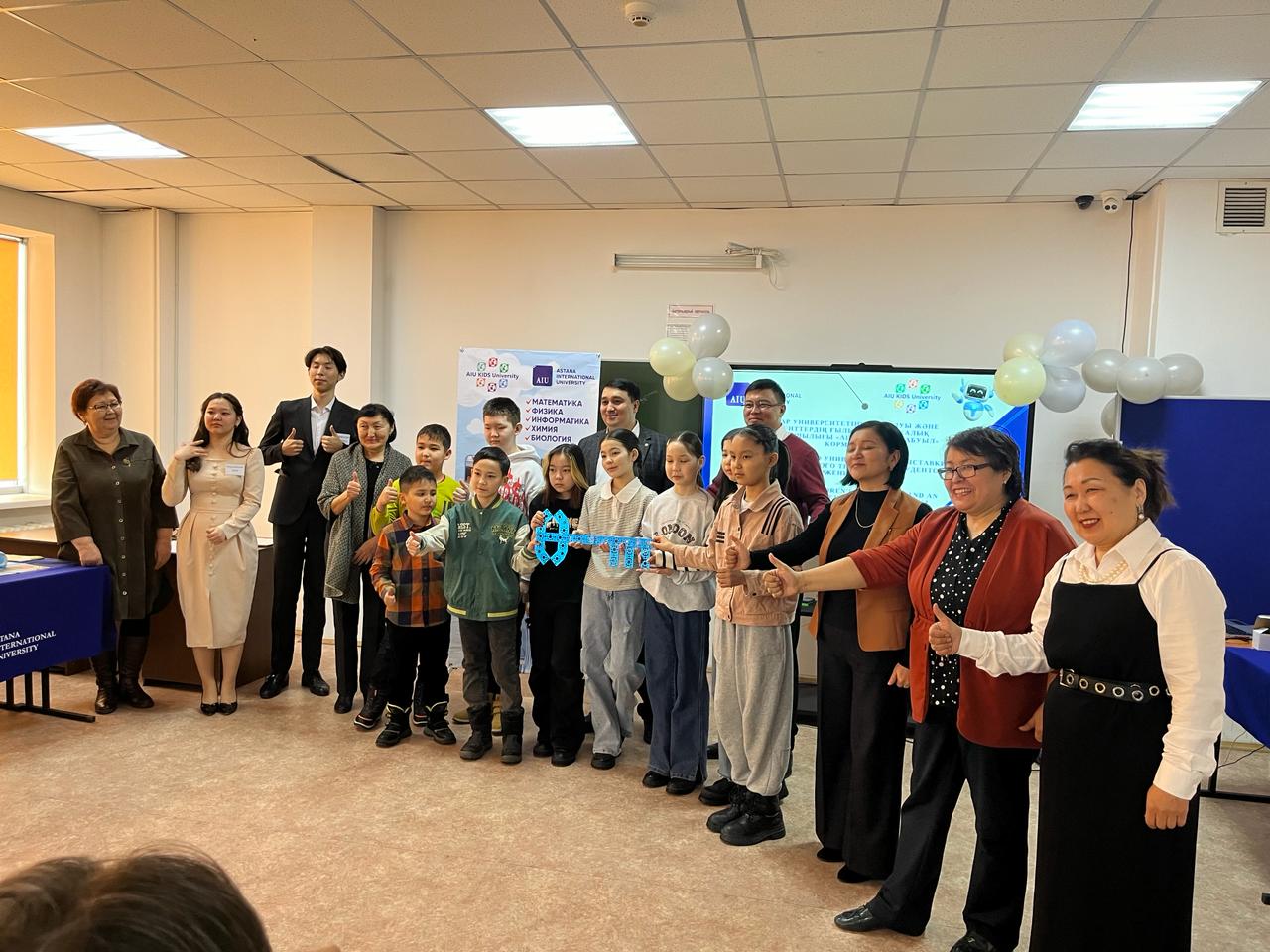Kazakhstan, Astana, Kabanbay batyr avenue, 8
Call center +7 (7172) 47-66-77
+7 (771) 929-02-30
WhatsApp +7 (705) 982-62-99
Канцелярия +7 (7172) 24-36-68
info@aiu.edu.kz
REGULATIONS
ON THE CHILDREN’S UNIVERSITY OF ASTANA INTERNATIONAL UNIVERSITY
GENERAL
PROVISIONS
1.1. The
Children’s University at AIU (hereinafter – the Children’s University) is
an educational project designed for children aged 10 to 14 years old. It
implements general supplementary (open schooling) educational programs aimed at
unlocking individual potential and guiding schoolchildren towards scientific
and engineering careers.
These
regulations are developed in accordance with the “Concept for the
Development of Preschool, Secondary, Technical, and Vocational Education of the
Republic of Kazakhstan for 2023–2029”, the Order of the Ministry of
Education and Science of the Republic of Kazakhstan No. 81 dated 19.02.2019,
the recommendations of the European Network of Children's Universities
(EUCUNET) – “Phereclos: White Book on Open Schooling: A Reference Guide” (2022),
and the AIU Charter. They define the organization and activities of the
Children’s University.
Students
enrolled in additional educational programs at the Children’s University are
considered its attendees.
The legal
representative of a Children’s University student is their parent or guardian.
GOALS,
OBJECTIVES, AND FUNCTIONS OF THE CHILDREN'S UNIVERSITY
Goals of
the Children's University:
Main
objectives of the Children's University:
🔹 In the field of personal development of
schoolchildren:
🔹 In the field of working with gifted children:
🔹 In expanding cooperation between schools,
universities, enterprises, and international organizations:
Main
functions of the Children's University:
Conducting surveys and interviews to support research in the field of open education.
